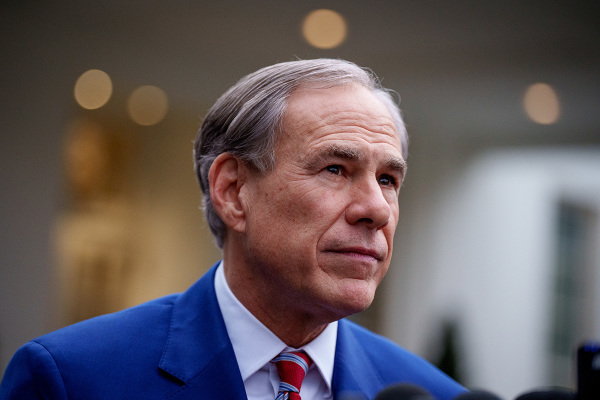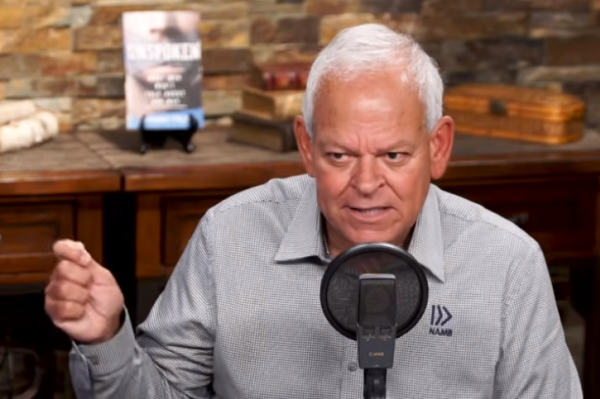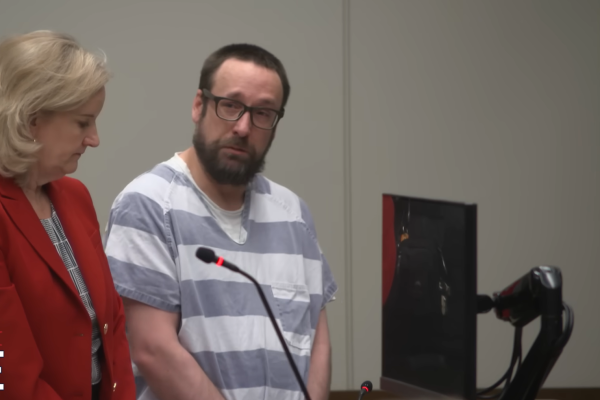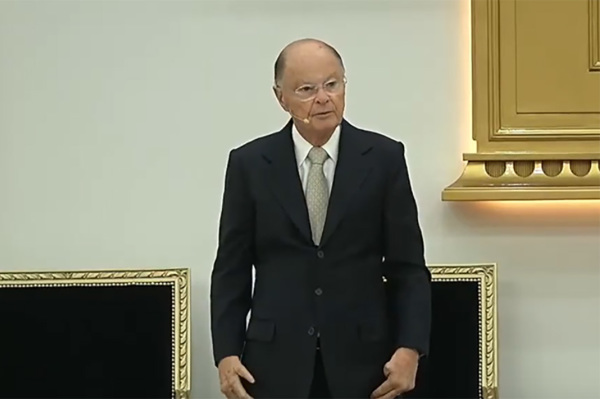U.K. Report: Christian, Non-Religious People Volunteer Level Same
A recent U.K. report is giving fuel to British humanists who point out that non-religious and Christian respondents have practically the same level of civic engagement and volunteering.
Andrew Copson, chief executive of the British Humanist Association, argues it is not true that faith leads to greater civic participation and volunteering based on the U.K. Department for Communities and Local Government report titled, "The Citizenship Survey: April 2010 - March 2011."
The report, released Sept. 22, finds 58 percent of British Christians participate in civic engagement and formal volunteering at least once last year, compared to 56 percent of those with no religion – statistically the same.
The proportion of Hindus and Muslims participating in civic engagement and volunteering is even lower, at 44 percent.
“The British Humanist Association (BHA) has welcomed the findings as further evidence against the mistaken idea – increasingly advanced by religious leaders and government representatives of the 'Big Society' agenda – that religious people are more likely to participate in society and non-religious people are less so,” Copson said.
“These statistics clearly demonstrate that having no religion is no barrier to civic participation and volunteering, exploding myths that religious people contribute more to civil society than others.”
Copson, pointing to the report, called for the abolishment of faith schools and special roles for religious groups in education.
“Overall, there seems to be no significant difference between participation between those with and those with no religion,” he said.
But Robert Putnam, professor of policy at Harvard University, says his research shows giving back to society is closely linked to faith organization and membership.
Moreover, networks of participation deepen involvement with others, “most people get involved because someone they trust suggests it,” he said.
“There are many ways of meeting needs: through privately-funded charities, secular or religious; through the state, via welfare provision; or through a combination of these. Most of them require people to support them, through time and money.”
The conclusion: faith institutions are the primary motors of civil society, according to his research.
Austen Ivereigh, a Catholic writer and coordinator of Catholic Voices, also says there is compelling evidence that faith builds civil society in a way that secular civic participation does not. “It's the story that this government survey seems to have missed.”
“Knowing that everyone, however objectionable their behavior, is a child of a loving God helps me, at least, turn towards, rather than away from, people in need,” Ivereigh states in his rebuttal to Copson’s comments.
“It is simply a fact that religion generates networks of participation that are far stronger, more lasting, and more committed than secular civic organizations.”
Perhaps an explanation to why U.K. Christians and non-religious people have the same level of volunteerism in the new report can be found in polls that show many self-identified British Christians do not attend church and are not active in their faith life.
A U.K. poll released earlier this year found that most of the British public still identify themselves as Christian. The poll conducted by ComRes on behalf of Premier Media Group found that 57 percent of the United Kingdom consider themselves to be Christian.
But a 2007 survey by Christian charity Tearfund found that only one in 10 people in the U.K. attends church every week, and only one in seven go once a month. The survey of 7,000 people also found that although 53 percent of respondent said they are Christian, 66 percent of respondents said they have no connection with the Church.
“The church for a lot of people is a very strange place these days,” said Tearfund President Elaine Storkey to BBC Radio Five Live in 2007.
“So the first thing they have really got to wake up to is that there is this big cultural gap between churched and non-churched.”






















